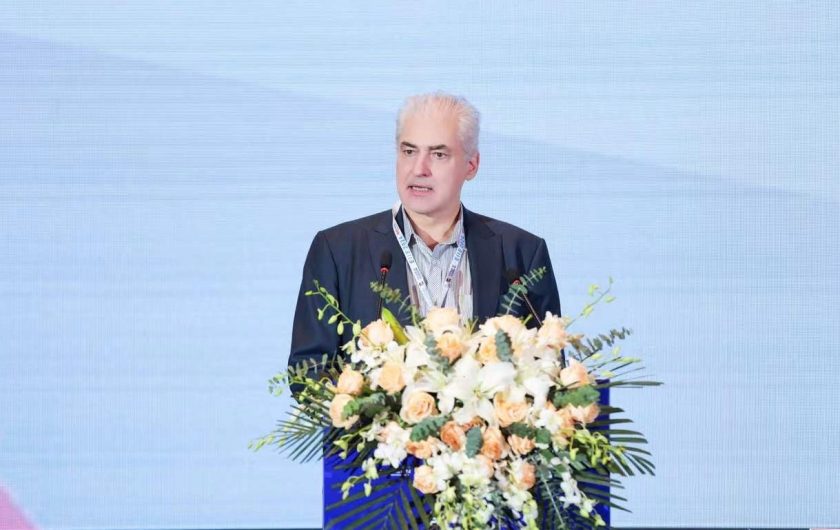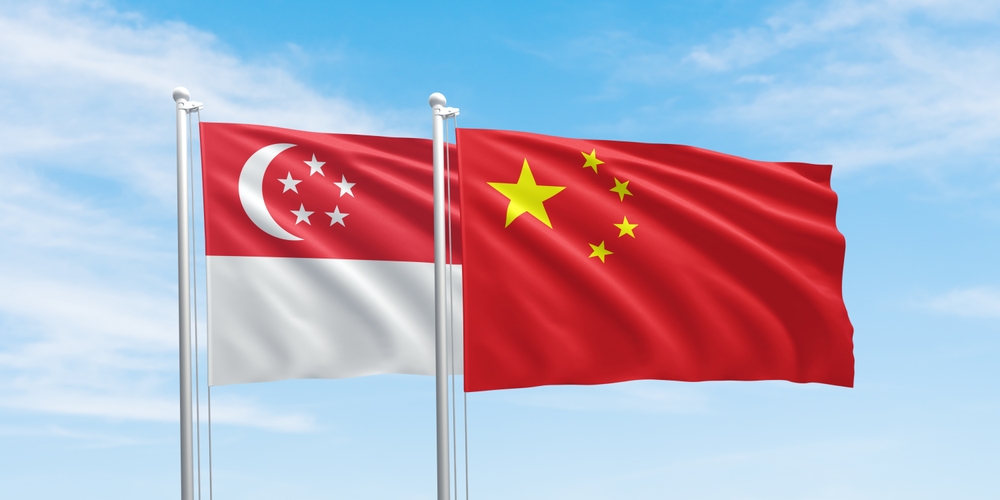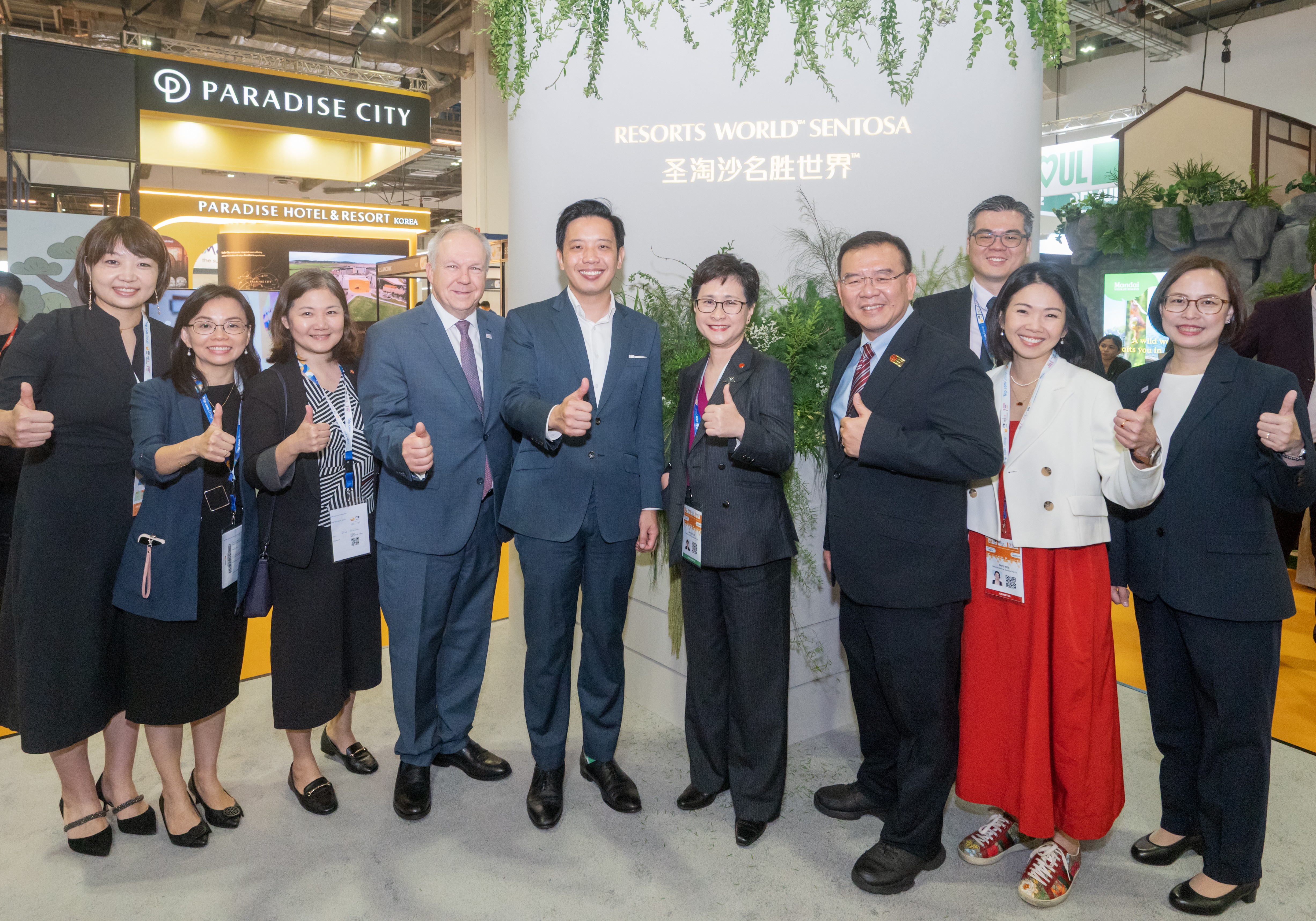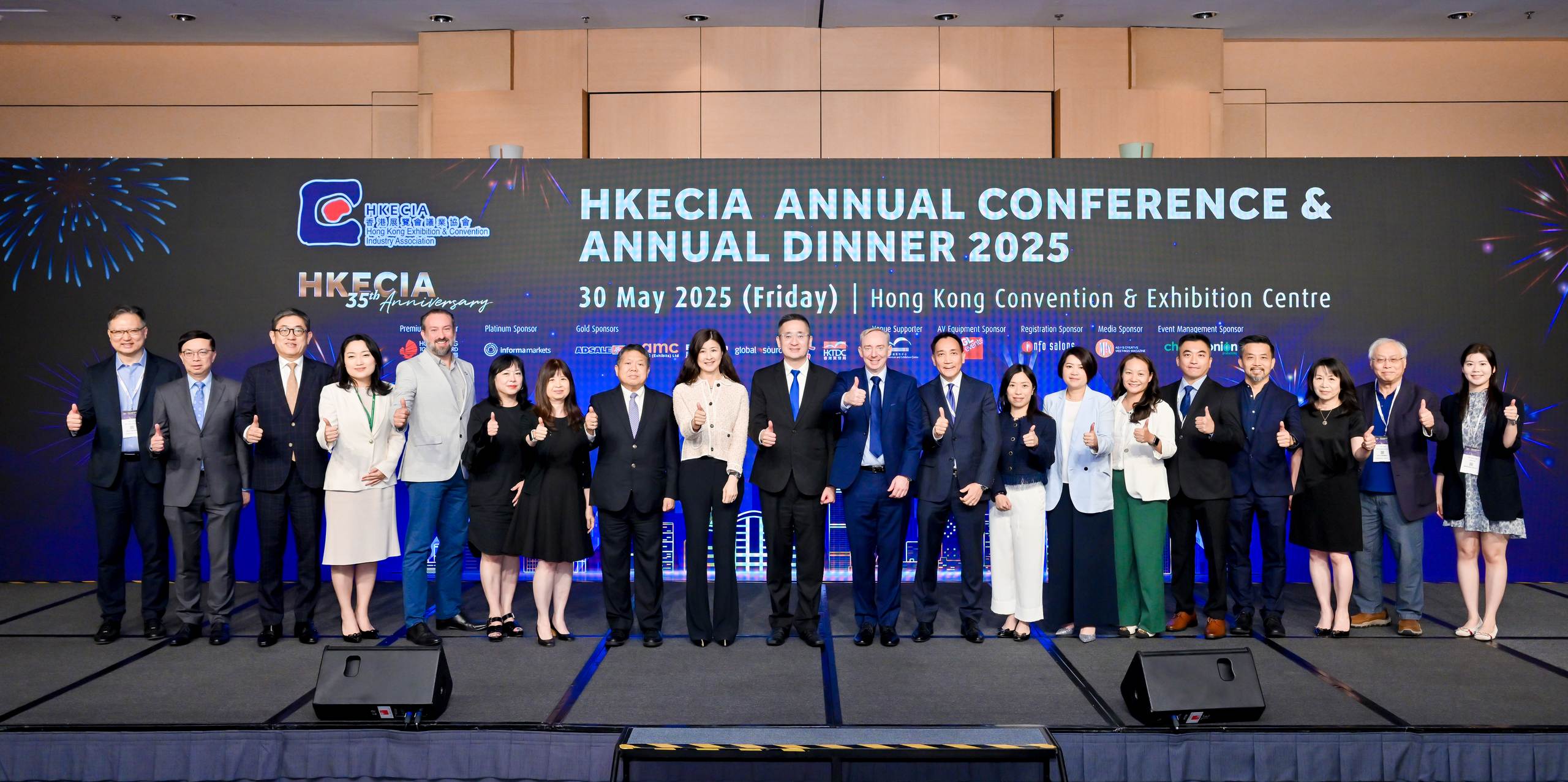THE EXHIBITIONS industry is in an enviable position with its ability to survive international trade tensions and sector downturns if venues and trade show organisers have a diversified portfolio of events.
That was the reaction of Michael Kruppe, chief executive of SNIEC – Shanghai New International Exhibition Centre – when asked about the growing discontent from the European Union and United States over tariffs on China’s exports of EVs.
Kruppe told MIX on the sidelines of the 13th Expo Investment Fair for International Exhibition Cooperation (EIIE) in Beijing that venues can weather the fallout from trade disputes and economic downturns.
More… Informa chief bides time on China
This includes the current spat about EVs and the ongoing “sensitivities” surrounding the boom in semiconductor production.
“In our industry, and especially at SNIEC, we are in a lucky position because if we have 120 trade shows every year, then basically those are from 120 different industries,” said Kruppe, who was a keynote speaker at the opening of EIIE at Guoce International Conference and Exhibition Centre.
“So if five or 10 industries like EV, or semiconductors at the moment, are quite sensitive and not so strong in China because of international trade relations, [it’s not easily done] but we can choose other exhibitions from other industries.
As an exhibition venue, we’re in a better position because we can basically change our customers which, if you are an automotive producer, you cannot. You are stuck to your product, while our product is basically our service.”
Kruppe said trade tensions between China and powers in the West were a “shifting landscape” and that included concerns about direct investment with reports about foreign companies weighing options such as Vietnam, the Philippines or Thailand.
He also pointed to the example of Germany having a high amount of investment in China, but growth seen in the latest figures was due to BASF building a US$10 billion chemical plant in Guangdong, while there were fewer smaller-sized German companies coming to China.
“What we are seeing is that there are less small or medium-sized companies investing – it’s more or less the multinationals which continue to invest,” said Kruppe, who is also on the German Chamber of Commerce in East China’s board of directors.
More… HK exhibitions bouncing back
He warned that though the investment amount has risen slightly over last year, that is “not a good sign“ due to a smaller number of companies going to China. “If you only have the big players, that is also not good. We need the SMEs to support the economy.”
EIIE, which closes this afternoon, was attended by an estimated 1,500 people from exhibition centres and supplier companies across China. Organisers China International Conference and Exhibition Magazine Agency said the two-day event was co-hosted by convention centre association AIPC and would gauge the state of China’s exhibition industry.
Kruppe said such events were vital as the post-Covid recovery in China gathered pace amid challenges brought on by the property markets downturn and international trade disputes.
The exhibition game is getting more and more attention from the government and that’s one basic point that’s why we have brought SNIEC here… and will also come next year.”
He said business at SNIEC was back to 90 per cent of pre-Covid levels last year, and nearer 90 per cent this year. “I think that’s a clear signal to the whole industry.”
Another trend in China that Kruppe said was important noting is how the expat influx at the C-suite level is giving way to Western companies promoting or appointing more Chinese executives to senior positions.
He added that exhibition industry players kept a close eye on China’s policy changes when it came to visa-free travel for citizens of countries in the European Union. The policy has now been extended to tourists from Australia and New Zealand.
Backgrounder… China’s visa-free policy spurs recovery
“I think that’s absolutely a good sign… because of the big advantage of the visa. It was a huge hassle before as you had to go personally to the application centre wherever you were. That’s basically stopped now…even if you want to stay longer, it’s still possible.”
Authorities in China also announced that Hong Kong Permanent Resident ID card holders would be entitled to the two-way permit for travel between the SAR and mainland China. There are now plans to extend the two-way permit privilege to holders of the APEC travel card.
“It’s a signal from the Chinese government to the world to say: ‘okay, please come back and visit our country or invest in our country’.”



